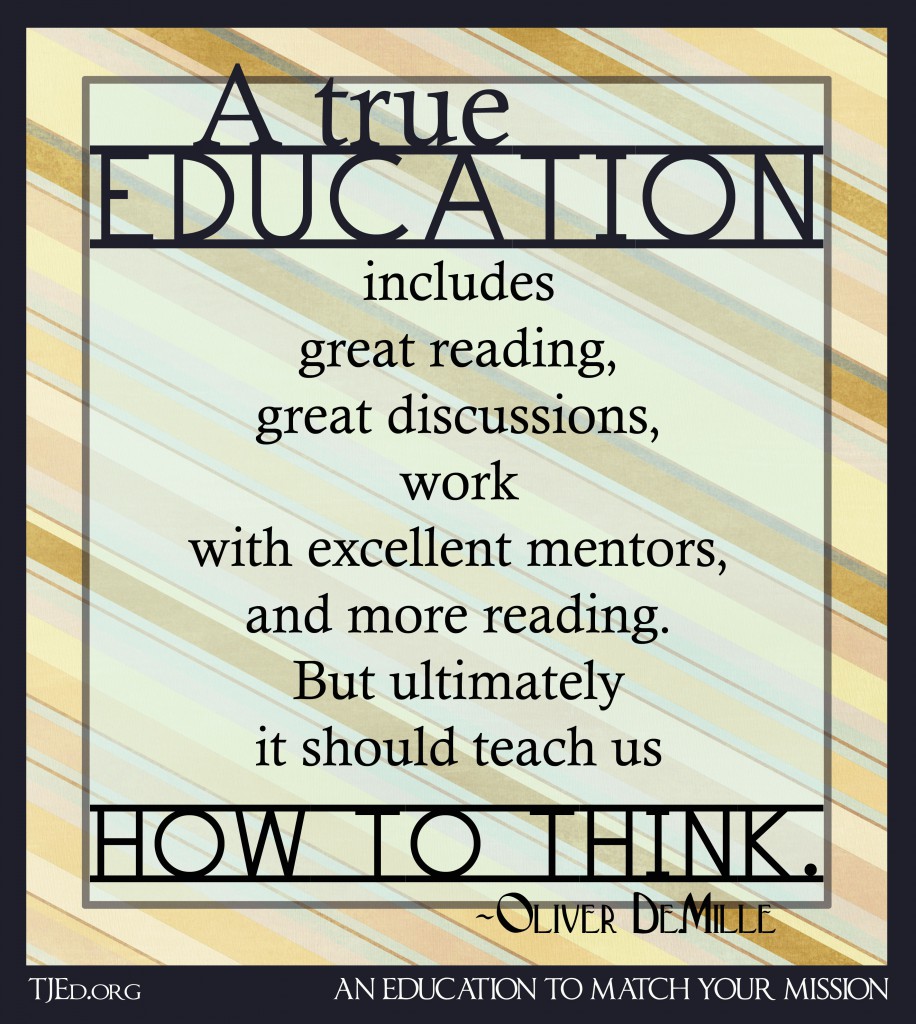“I’ll Think While You Read”
 It’s one of the most profound sentences I’ve ever read. Deep. Powerful. Moving. It comes from Chaim Potok’s classic book The Chosen, wherein the main characters are two 15-year-old boys. They meet at a baseball game where one of them hit the ball so hard that it smashed the other boy in the eye and put him in the hospital.
It’s one of the most profound sentences I’ve ever read. Deep. Powerful. Moving. It comes from Chaim Potok’s classic book The Chosen, wherein the main characters are two 15-year-old boys. They meet at a baseball game where one of them hit the ball so hard that it smashed the other boy in the eye and put him in the hospital.
When he’s released from the hospital, he is under doctor’s orders not to read for a while. This makes him very sad, since reading is his passion. He shares this love of learning with the other boy, who invites him to spend time at the library with him.
The boy who isn’t supposed to be reading replies: “I won’t be able to read anything.” Then he says, “I’ll come over anyway. I’ll sit and think while you read.”
This is a powerful sentence, by a boy who loves learning and has been taught what education is really about:
“I’ll sit and think while you read.”
Wow!
That’s profound.
A true education includes great reading, great discussions, work with excellent mentors, and more reading. But ultimately it should teach us how to think. And it should include both the skill of thinking and also the habit of thinking.
Just sitting and thinking—lots—is a vital part of any quality education.
One tragedy of modern education is that this concept is so often lacking among…well, just about everyone. Students, teachers, parents, administrators, regulators, politicians…all of us too frequently forget that great thinking is central to a great education. Without great thinking, everything else we’ve learned is simply rote.
Great Thinking Brings…
 Great thinking brings creativity and innovation, as well as quality and excellence. It brings passion to learning. It brings education to life. Without it, education is literally something dead.
Great thinking brings creativity and innovation, as well as quality and excellence. It brings passion to learning. It brings education to life. Without it, education is literally something dead.
This is central to the old battle between learning and schooling. Too often in our haste and commitment to focus on schooling, we let the trappings of education get in the way of learning. But anything that gets in the way of learning is actually anti-education, no matter what label we put on it.
A friend of ours once planned a family activity that would take his kids from school for several of days. When the kids mentioned this to classmates, it got around and they eventually heard from the school that this was unacceptable.
My friend wrote the Principal a respectful note that explained his reasons for taking the kids on this activity, noting that he wasn’t asking permission since the school had no authority to give or deny it. He wrote that he deeply respected the school leaders, however, and felt the need to tell them the reasons for his decision.
The letter was well written, heartfelt, and positive. The Principal contacted him and told him that even though my friend didn’t need his permission the school was going to grant his kids full academic credit for the days of the activity—based on the details from the letter.
Learning or Schooling?
 The reason I’m sharing this story is that one section in my friend’s letter really struck me. He wrote: “As parents we make it a priority not to let schooling get in the way of our kids’ education. The two are rarely in conflict, but if ever they are, our focus is clear. We want them to earn a superb education. Period. This is why we send them to school in the first place. This is what the school is for. This is what this activity is for as well.”
The reason I’m sharing this story is that one section in my friend’s letter really struck me. He wrote: “As parents we make it a priority not to let schooling get in the way of our kids’ education. The two are rarely in conflict, but if ever they are, our focus is clear. We want them to earn a superb education. Period. This is why we send them to school in the first place. This is what the school is for. This is what this activity is for as well.”
The Principal’s response letter included the following sentence: “If more parents thought about education as deeply as you do, our job as school officials would be much easier.”
The truth is that their job wouldn’t be easier at all. It would just be different. Instead of administration, the focus would be more on great learning.
This is something all parents should seriously consider. Are your children and youth getting a superb education? Or just good schooling? The difference is huge—and this applies equally to children in public, private and home schools.
Almost everyone can do better at this. Are your kids learning? Really learning? Or is schooling getting in the way?
One way to know the answer to this question is this: Do they love to think? Do they have a habit of thinking? A lot?
If not, more learning (seldom more schooling) is needed.
********

































Leave A Comment